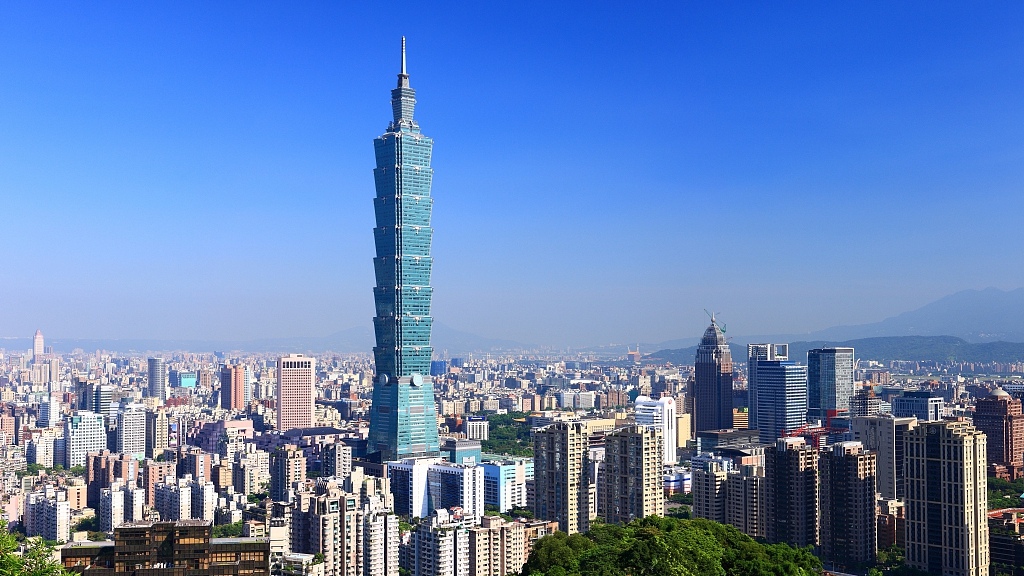Taiwan question being recklessly hijacked by Washington politicians: China Daily editorial


This year is the 30th anniversary of the 1992 Consensus in which both sides of the Taiwan Straits agreed that there is only one China.
A gathering in Beijing on Tuesday to mark the occasion conveyed an unequivocal message that if US House Speaker Nancy Pelosi goes ahead with her proposed visit to Taiwan next month, it will have far-reaching consequences for Sino-US relations and the cross-Straits situation. Speculation is running high that Pelosi does intend to do so, despite US President Joe Biden's expressed opposition, the Pentagon's caution that it would not be a good idea, and Beijing's stern warnings.
Beijing's warnings have reportedly been significantly stronger than those it has made in the past when it has objected to US actions or policy relating to Taiwan. That is because if she proceeds with her proposed trip, it would constitute not only a grave provocation but also a de facto rejection by the US top legislature of the principle of one China that the US is committed to upholding.
Although she has not confirmed her visit, Pelosi told reporters last week that it was important to show support for Taiwan. And even though she denied that Congress was pushing for the island's independence, what makes the situation truly dangerous is that Pelosi, who is not well-disposed toward China herself, is being goaded into making the trip by the China hawks in both parties.
"Nancy, I'll go with you," former US secretary of state Mike Pompeo, who is reportedly considering a run at the White House in the next election, tweeted on Sunday: "See you there!"
A spokesman for China's Foreign Ministry said there would be a "resolute response" if Pelosi does visit the island, with speculation also rife about what this might entail. Some of the more hawkish US politicians have been unable to hide their glee that it might lead to a military clash.
Even if the wishful scenario of these armchair warriors does not materialize this time, a visit by Pelosi would be a signal that US politicians hostile to China are trying to seize the initiative to change the status quo across the Straits, and use the island as a launch pad for confrontation with China.
The deep concerns Pelosi's proposed visit has aroused within Taiwan reflect the helplessness of those on the island who recognize that the secessionists who have bet on the US' protection of the island have made it an expendable piece in Washington's game plan to contain China.
The 1992 Consensus laid the foundation for close economic and cultural exchanges across the Straits that brought tangible benefits to both sides and beyond. It was the refusal of the island's current authorities to uphold it that has triggered the cross-Straits tensions which they continue to foment with the help of their supporters in Washington.
The 30th anniversary of the consensus therefore has highlighted how the secessionists on the island are betraying the motherland by discarding the consensus and are trying to surrender the fate of the island to the US.


































